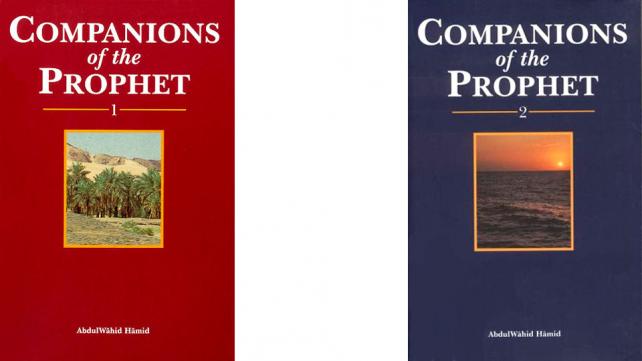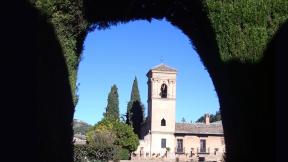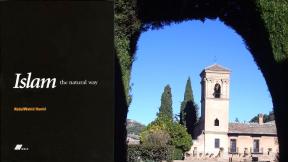
“Show, don't tell,” my journalism professors have taught me. Write in a way that people can feel, see and experience what you're writing about.
When it comes to Islamic books in English nowadays, things are much better than before. The days of importing horrible translations of Islamic books in English, replete with grammatical and spelling errors are virtually gone, Alhamdu lillah. While that initial effort was necessary and appreciated, a new generation of young Muslim writers from North America and Europe is slowly emerging, producing both fiction and non-fiction for Muslims.
Abdul Wahid Hamid's book Islam the Natural Way was the first time I encountered a book about Islam that addressed me as a young Muslim in an intelligent manner, knowing where I was coming from, and avoiding the dry, rhetorical preachiness I found in so many other writings.
But if you enjoyed Islam The Natural Way, Companions of the Prophet is in many respects, even better. After all, what more desirable way to understand and learn about Islam than to read about those people who were its embodiment?
I haven't read all of Companions. However, even reading a chapter or two makes you want to continue.
What I like about the writing is that, like in Islam The Natural Way, it is not formal, difficult to understand, or preachy. It is a straightforward narrative, that not only gives you the information, but hits you where you need it the most: your heart.
Take for instance the story of Muadh Ibn Jabal. Not only did I get a description of his physical appearance and the circumstances of his conversion and service to Islam, but I could literally see him in my mind. I could visualize his last meeting with the Prophet (peace and blessings be upon him) and cry as Muadh cried when parting for a mission to Yemen and the Prophet said to him:
"O Muadh, perhaps you shall not meet me again after this year. Perhaps when you return you shall see only my mosque and my grave."
I could also visualize Muadh's passing in Palestine, when he was far away from his family, and met death, saying,
“Welcome Death, Welcome. A visitor has come after a long absence . . ."
And looking up to heaven, he [Muadh] said:
"O Lord, You know that I did not desire the world and to prolong my stay in it . . . O Lord, accept my soul with goodness as you would accept a believing soul . . ."
With Companions of The Prophet, AbdulWahid Hamid once again succeeds in not only telling us about the best generation humankind has produced, but also in showing us why they were so.








Comments
Companions of the prophet (peace and blessings of Allah be upon
The book is very comprehensive and depths into the research of the companions greatly.May Almighty Allah accept it from the author as act of 'ibaadat.
Location
Add new comment